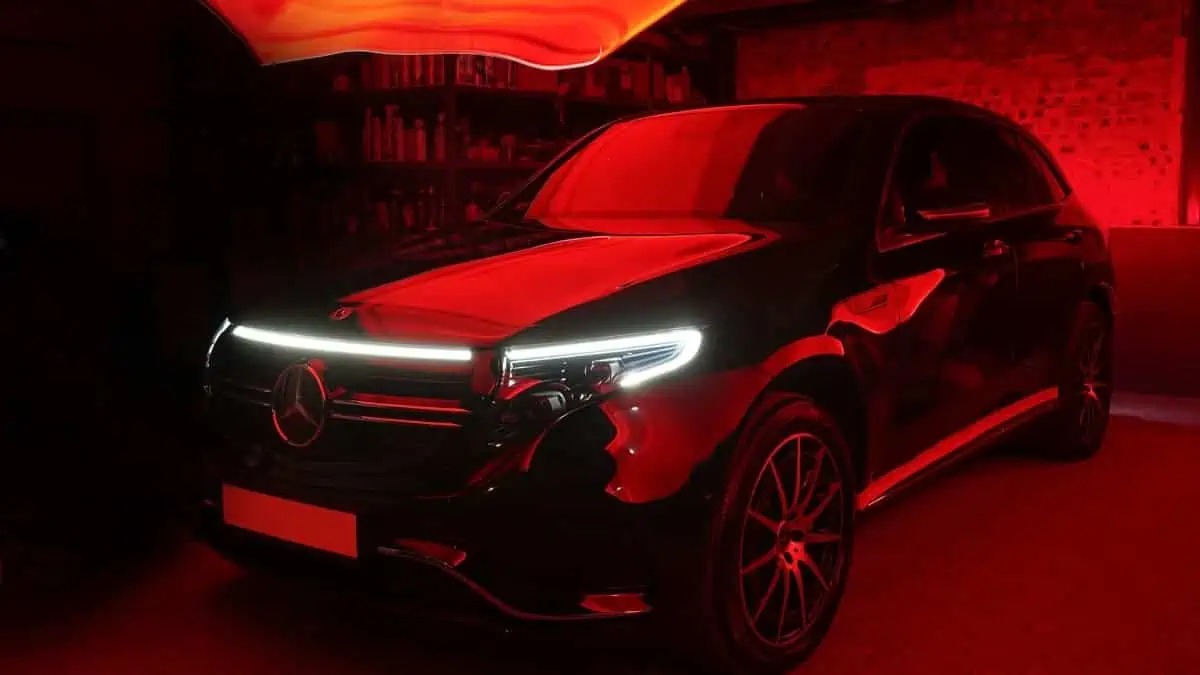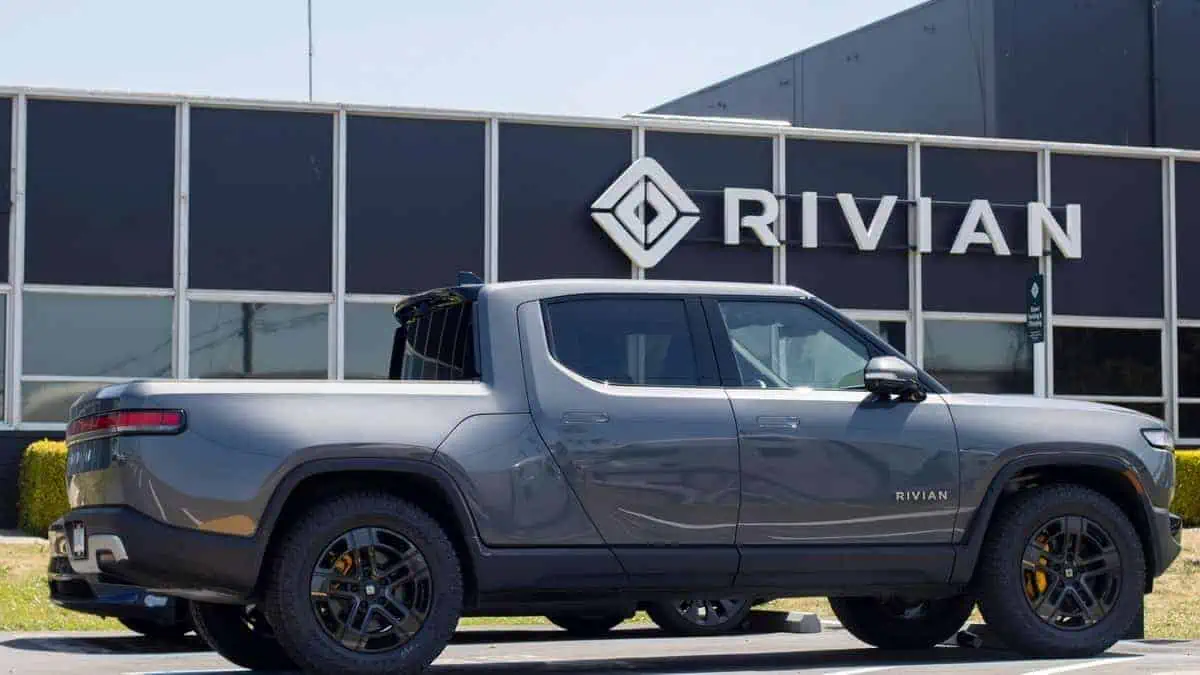Germany has reportedly reached a record of one million registrations of battery electric vehicles, as per InsideEVs.
The German Institute for Economic Research (DIW) states that a considerable increase in plug-in electric car sales saw the milestone of 1,000,000 BEVs registered in December, Electrive reports.
BEV figures
Per the report, there were 1 million new BEV registrations overall in October, representing the total number of registrations since January 2013.
That figure now reached a total of 2.2 million rechargeable vehicles, including 1.18 million BEVs and 1 million plug-in hybrids.
However, the overall estimate of 1 million BEVs and fewer than 2 million PEVs is highly feasible. That is, if we remove the vehicles that have been retired from service or sold abroad from the computation.
Germany’s EV target
The German government aims to register 15 million electric cars by 2030, but the DIW reportedly has doubts about that target.
It is estimated that 145,000 new all-electric vehicles must be sold each month to hit the 15 million target. For reference, the all-time high is now set for December 2022 at slightly over 104,000 units. It is also worth noting that it is the first six-digit monthly record.
Furthermore, the 2023 calendar year saw the conclusion of the new PHEV subsidy. Meanwhile, it was decreased from up to €6,000 to up to €4,500 for the new BEVs.
Thus, early 2023 most probably suffer a downturn in sales rather than a continuance of steady expansion, as highlighted by the report.
Nevertheless, long-term development in electrification will be achieved since zero-emission transportation is a significant worldwide trend.
German automakers have announced the next-gen EVs and additional platforms to prepare for the major transition. Remarkably, these developments could result in the annual introduction of a million new BEVs.
Over time, the German electric vehicle industry had relatively continuous growth with the debut of local models like Volkswagen‘s MEB-based lineup. Furthermore, EV subsidies have also been implemented partly to control the decreasing auto sales due to COVID-19 lockdowns.






